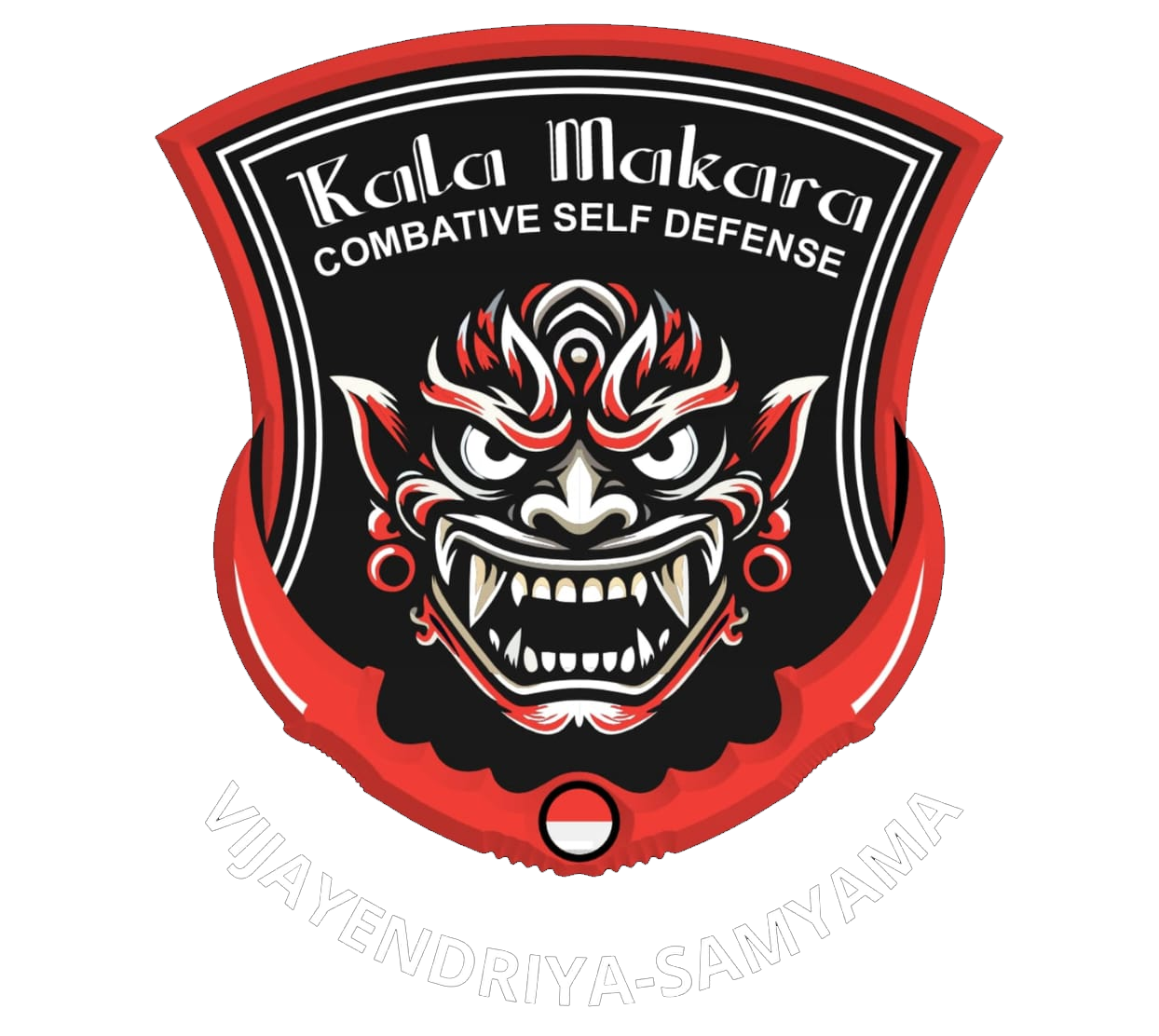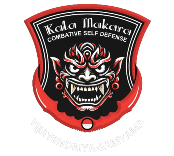About Us


Kala Makara
ABOUT US
Kala Makara Combative Self-Defense is a school that integrates various self-defense techniques, focusing on efficient and practical methods to counter assaults. It incorporates elements from Indonesian Pencak Silat, Filipino Kali, Muay Thai, and Jeet Kune Do.
Founded in 2025 by Wulung ‘Ungki’ Damardoto, the school is committed to teaching self-defense techniques. Wulung is a passionate coach with a deep appreciation for Southeast Asian martial arts, particularly Indonesian and Filipino martial arts, along with their rich cultures and traditions.
The school’s mission is to empower individuals by teaching self-defense methods that prioritize safety, utilizing effective offensive and defensive strategies in threatening situations.
THE MYTH
Kala Makara
Kala Makara is a mythical creature in Javanese and Hindu mythology that acts as a guardian against disasters and expels evil spirits. Kala means time, while Makara is a sea creature often depicted with an elephant’s head and a fish-like body. Some see it as a giant (Bhuta) and an aspect of Shiva, serving as a protector of time. In temples, Kala Makara is often displayed on gates or niches to defend against negative influences. Additionally, it symbolizes nature’s power, transformation, and courage in confronting evil.
MOTTO
Kala Makara
वजययसयमः Vijayendriya-Samyama
This Sanskrit saying can be interpreted as ” Triumph through self discipline.” It highlights the importance of control and the ability to govern one’s senses to attain success in any pursuit or conflict. Sanskrit in Indonesia began around the 4th or 5th century CE, brought by priests alongside Hinduism and Buddhism. It served as the language of inscriptions and liturgy, shaping Indonesian culture and language. Although its influence declined with the rise of Islam, many Indonesian words still have Sanskrit origins.
Our Supporters



